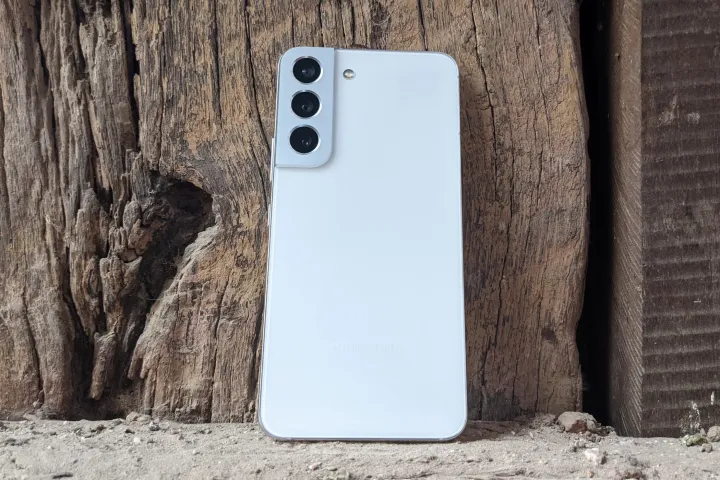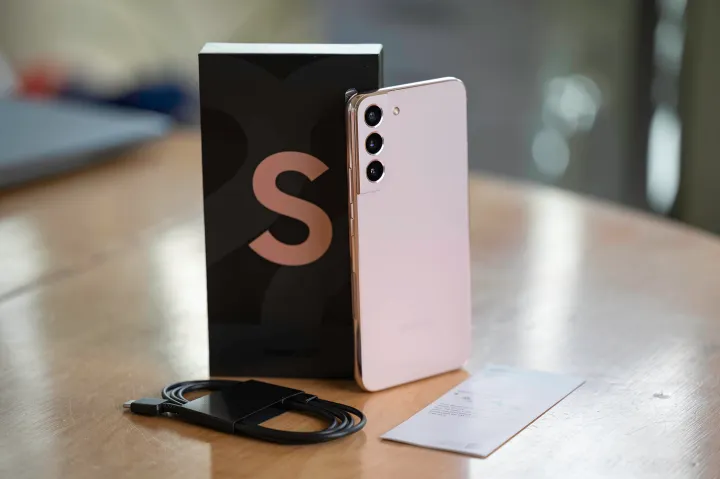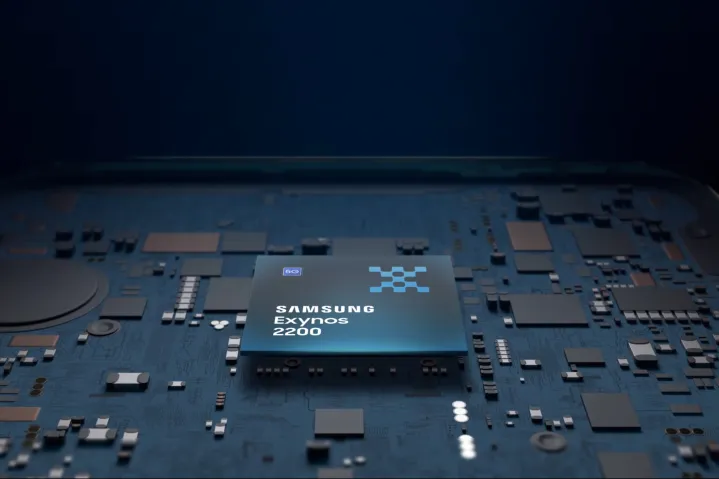Samsung is strengthening its partnership with Qualcomm, one that further increases the uptake of Qualcomm’s chip and networking tech across Samsung hardware. But the biggest takeaway from the announcement is that share of Snapdragon chips inside premium Galaxy smartphones is going up, while that of Exynos is about to shrink further. And that’s great news for the Samsung Galaxy S23.
Qualcomm’s press release mentions that the two companies have agreed to further bolster their collaboration, which involves widening the usage of “Snapdragon platforms for future premium Samsung Galaxy products, including smartphones, PCs, tablets, extended reality, and more.” However, Qualcomm CEO Cristiano Amon made it clear during the earnings call that more Snapdragon silicon is in for Galaxy smartphones, and Exynos is on its way out.

Talking in the context of flagship Galaxy products, Amon mentioned, “We were 75% on Galaxy S22 before the agreement. You should be thinking about we’re going to be much better than that on Galaxy S23 and beyond.” To really send home the point, the Qualcomm head concluded with, “Think about us powering their devices globally.”
The Exynos versus Qualcomm war takes a backseat
To recall, Samsung has historically split the shipments of its flagship phones across Exynos and Qualcomm’s Snapdragon chips. The cache sold in markets like the U.S. had the latest top-tier Qualcomm Snapdragon chip inside, while the units destined for markets like India and Europe got the versions with Samsung’s in-house Exynos chip.
To put it mildly, not all buyers were happy with spending top dollar only to get a Galaxy flagship with an inferior chip. There is no dearth of benchmarks and videos proving that Exynos chips struggled to match the raw performance of comparable Qualcomm silicon.

But that’s not all. Heating has been another issue with the Exynos model of Samsung flagships that raises its head almost every year. DxOMark’s in-depth testing also concluded that the Snapdragon version of Galaxy flagships takes the crown in camera performance compared to the Exynos models. Plus, users have also reported GPS issues and random performance jitters on the Exynos models over the years.
Saving the Galaxy S23 from Exynos heat
Such is the angst that fans even launched a petition against Samsung selling them Exynos processors in flagship Galaxy smartphones. Needless to say, Exynos-powered flagships have earned a rather unsavory reputation. The Galaxy S22 series is the most recent illustration of how the chip issues have been carried over to a subsequent generation of phones in 2022.
But now, it looks like Samsung has finally had enough of the issues and complaints. The strengthening of its partnership with Qualcomm is a clear sign that Samsung is committing itself to Snapdragon silicon for at least the next half-decade of the flagship Galaxy smartphone era.

For the immediate future, it looks like Galaxy S23 buyers won’t have to live with the bitter Exynos pill — at least most of them, if not all buyers in every market. It would interesting to see what upgrades the Snapdragon 8 Gen 2 powering the Galaxy S23 will bring to the table. Given the performance of Snapdragon 8 Gen 1 series chips, things look bright for the Galaxy S23 range when it arrives early next year.
Interesting times, desperate moves
According to a report by the Korean news outlet iNews24, Dr. TM Roh, the head of Samsung’s mobile division, disclosed at a town hall meeting that the company will produce a fresh line of custom processors exclusively for its Galaxy smartphones. It’s a clever move, as that would allow Samsung to shed the bad reputation of Exynos and the recent GOS throttling controversy.
Partnering with Qualcomm gives Samsung an ample amount of time to work on processors that are devoid of the Exynos shortcomings. The company has all the resources in the world to do just that. Samsung’s partnership with AMD to make powerful GPUs for mobile processors is public knowledge.

Plus, Samsung’s chip fabrication prowess is not weak either. Samsung recently became the world’s first company to begin mass production of chips based on the next-generation 3-nanometer process. In doing so, Samsung left behind TSMC, the prime supplier of Apple’s M-series silicon for Mac and A-series chips for iPhones.
With Qualcomm on its side, Samsung can offer top-notch Android flagships without any Exynos woes attached to them. In the meanwhile, it can lay low for a few years and make a comeback with a new family of smartphone SoC fueled by AMD’s graphics engine expertise to surpass the Qualcomm benchmark and make more money while at it.
Editors’ Recommendations
